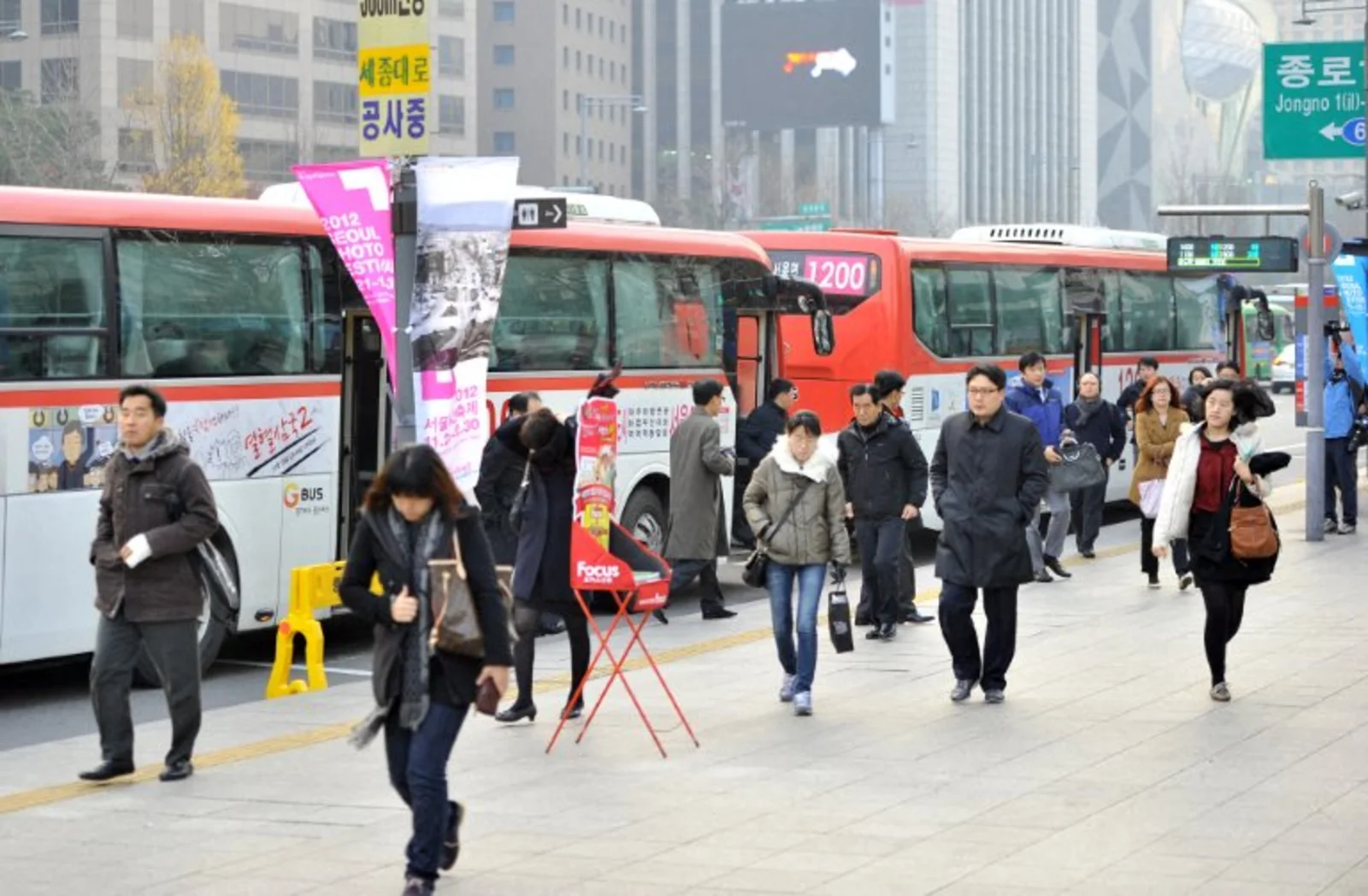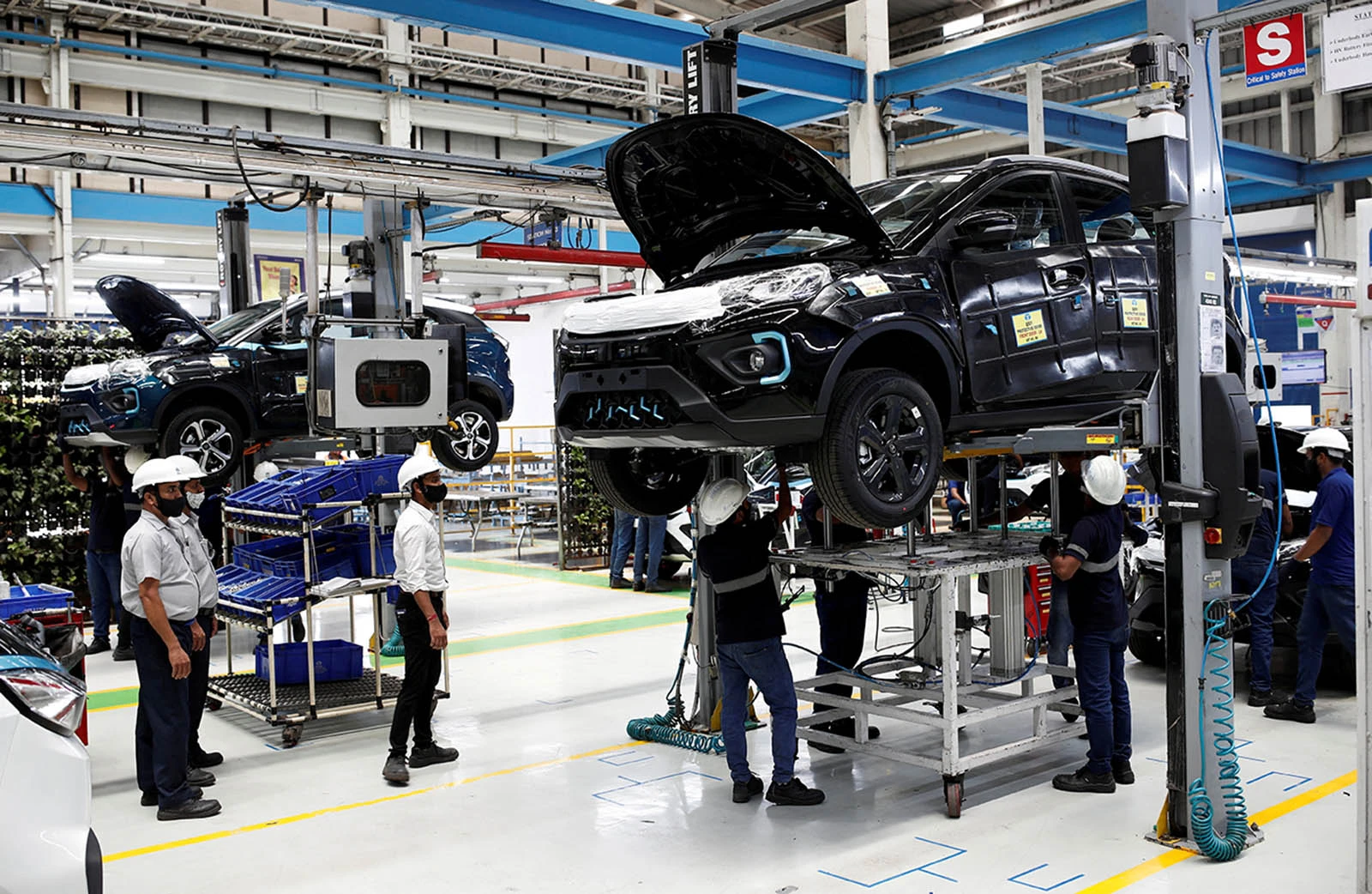Bus drivers in Seoul, the bustling capital of South Korea, have concluded their hours-long strike after a mutually beneficial agreement was reached between the city’s bus union and employers regarding a wage increase. This development brings relief to the daily commute of over 9 million residents in the city.
Seoul’s city government announced that the Seoul Bus Labor Union and employers reached a consensus on a 4.48% wage hike through negotiations. Following the agreement, public transport services swiftly resumed normal operations. Initially, the unions had sought an approximate 13% increase in wages.
This full-scale strike by the city’s bus drivers marked the first of its kind in 12 years, contrasting starkly with their previous brief 20-minute strike.
Under Seoul’s transport system, buses are operated under a quasi-public model, where private companies manage operations. However, the system is heavily subsidized and regulated by the city government to ensure the accessibility and efficiency of services.
Prior to the resolution, Mayor Oh Se-hoon of Seoul appealed for a prompt compromise, emphasizing the indispensable role of city buses in citizens’ daily lives. He stated, “City buses are the legs of the citizens; their livelihood and daily lives literally depend on them.”
Reflecting the impact of the strike, Oh Jeong-hui, a 25-year-old Seoul resident, recounted altering her routine due to the strike. “Normally it would take 15 minutes by bus, but I took the subway and had to transfer, which took around 30 minutes,” she explained.
Meanwhile, South Korea is grappling with an ongoing doctors’ strike, with thousands of trainee doctors protesting the government’s proposal to expand medical school admissions. Critics argue for prioritizing the improvement of working conditions for trainee doctors, while the government contends that the plan is essential to address the shortage of medical professionals in one of the world’s rapidly ageing societies.



